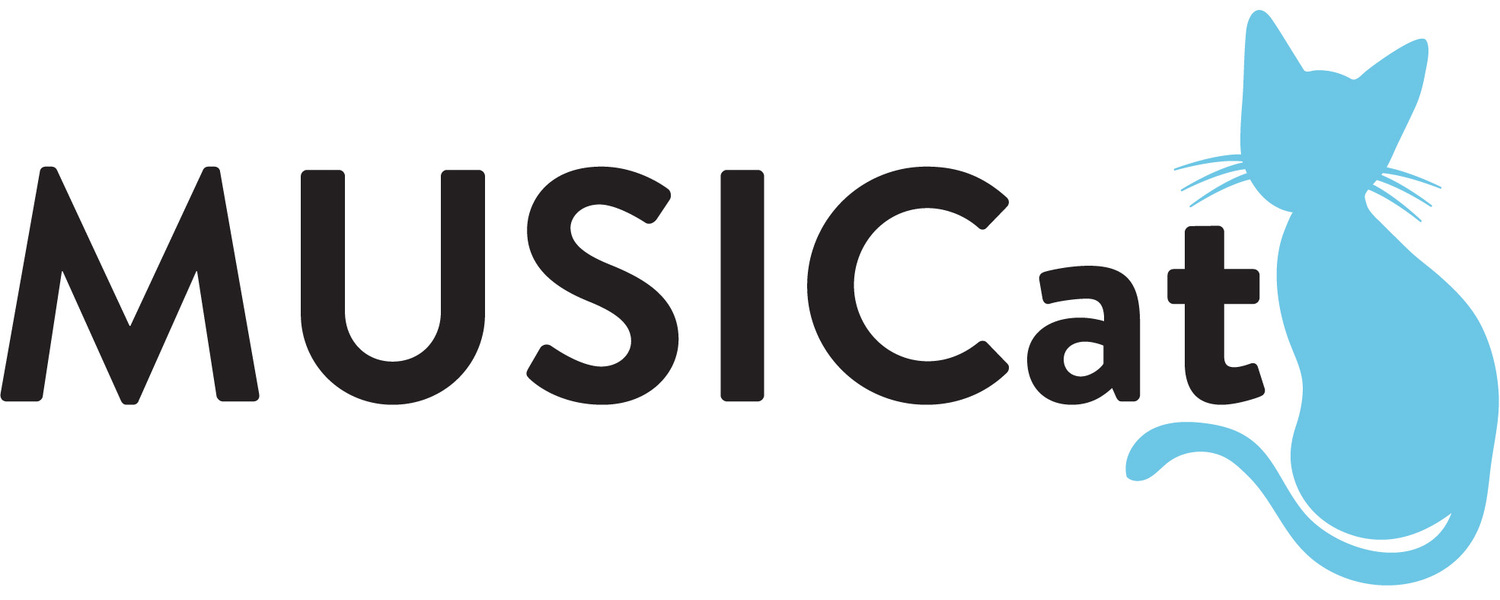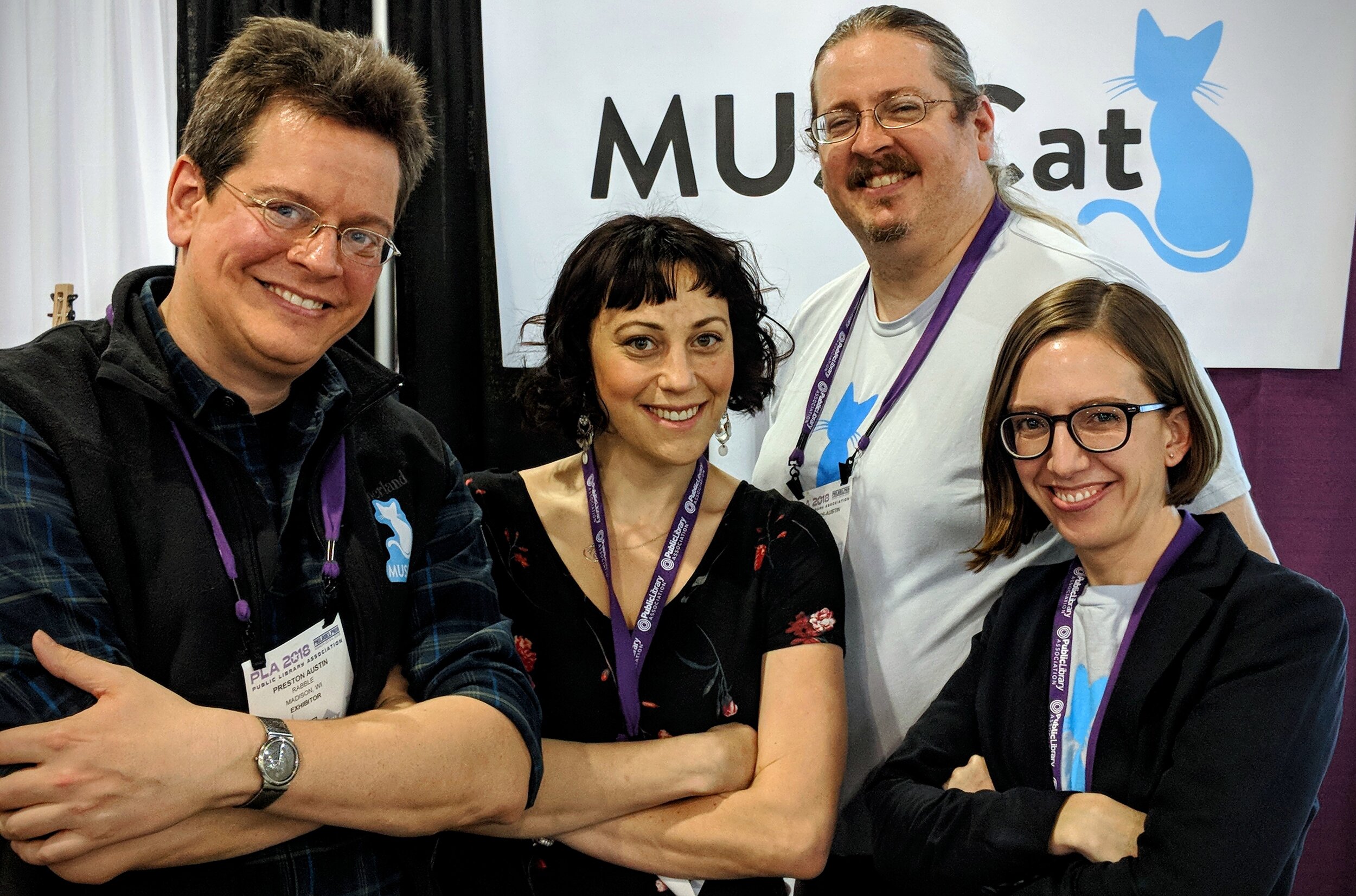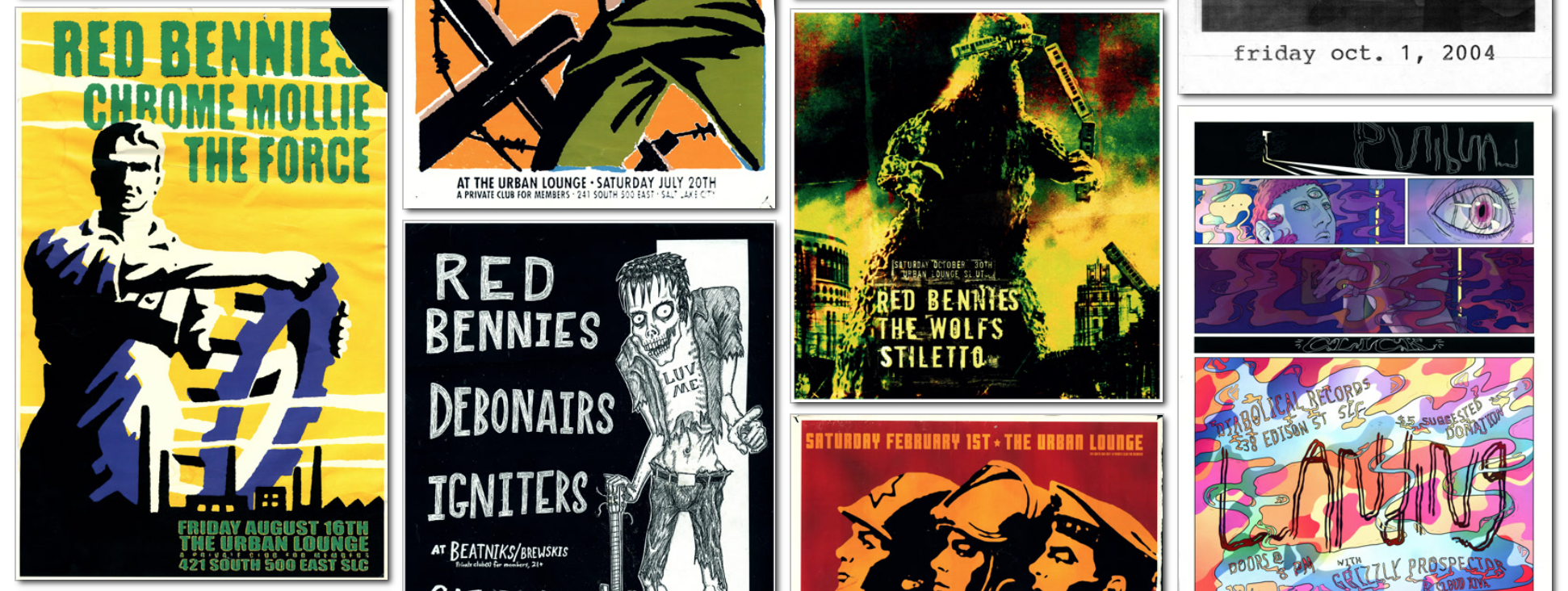The Rabble team recently wrapped up the first pilot round of our brand new MUSICat Artist Payments Service (MAPS) with the Chapel Hill Public Library and the incredible musicians in the Tracks Music Library, and we want to share the results with you.
We built MUSICat Artist Payments service because we know that cutting and sending checks to musicians can be nothing short of a logistical nightmare for our library partners—and one that often leaves artists waiting for weeks to receive payment. MUSICat's designed to simplify licensing local music, and with MAPS we wanted to radically simplify and improve reporting on payments processing for librarians while speeding it up for musicians. We're happy to report that we've succeeded on both counts.
They way MUSICat Artist Payments Service works is simple: Libraries send Rabble a single payment to cover the costs of the artist honorariums they plan to send out in the course of a submission round, right before inviting artists to their collection. After an artist signs a license with the library, a librarian chooses when to accept it and release their payment with a single click, and Rabble sends the artist their honorarium check. Along with reporting tools and email notifications to keep librarians and artists looped into the process, you've got a straightforward and speedy way to pay local artists!
Molly, the Special Project Coordinator at CHPL who manages the library's MUSICat collection, confirms that the service is also good for musicians:
"At CHPL, our organizational culture is centered on user experiences. We seek to design solutions to meet our users’ needs, not our own. This service allows artists to focus on their artist and album pages [for the collection]. Payment is seamlessly connected to successfully uploading their work, rather than successfully filling out and mailing a whole lot of paperwork (in duplicate) to our local government."
The Chapel Hill musicians in Tracks Music Library concur. Sadie Zimet of Sadie Rock and the Mad Ryans reported that, "We were very impressed with how quickly we received payment. It was really much faster than we expected." Kennan Jenkins, aka XOXOK, called the service "Easy and seamless!"
As our library partners know, the Rabble team prides ourselves on awesome support. Cassidy Goff, who performs as Alo Ver, shared this support story:
"When I first got a notification of the check mailed to me, I was worried I would be out of town when it arrived. I emailed MUSICat and got a response very quickly, assuring me that they could send another check if I did not get the first. I really appreciated how quickly I heard back and how willing they were to work around my situation."
Molly also notes that MUSICat service saves library staff a ton of time:
"If we were to pay the artists ourselves, each act would need to fill out all of the vendor and contract paperwork in duplicate. The routing alone would use up a tremendous amount of staff time."
We're currently running our second round of the MUSICat Artist Payments service with Austin Public Library for the Electric Lady Bird collection, and we'll be kicking off the service with Hennepin County Library's MNSpin in the coming weeks.
If concern about managing the artist payment process has held your library back from building a local music collection, it needn't any longer. And if your library already uses MUSICat, but wrestles with unwieldy payments, you can start using the MUSICat Artist Payments service for your next round of artist invitations.
At Rabble, we're so pleased that this service is making life easier for librarians and getting checks to artists faster than ever. It's also extremely gratifying to send money to hard-working musicians. We'd love to send some cash to artists in your community - get in touch if that sounds fun to you too :)
























